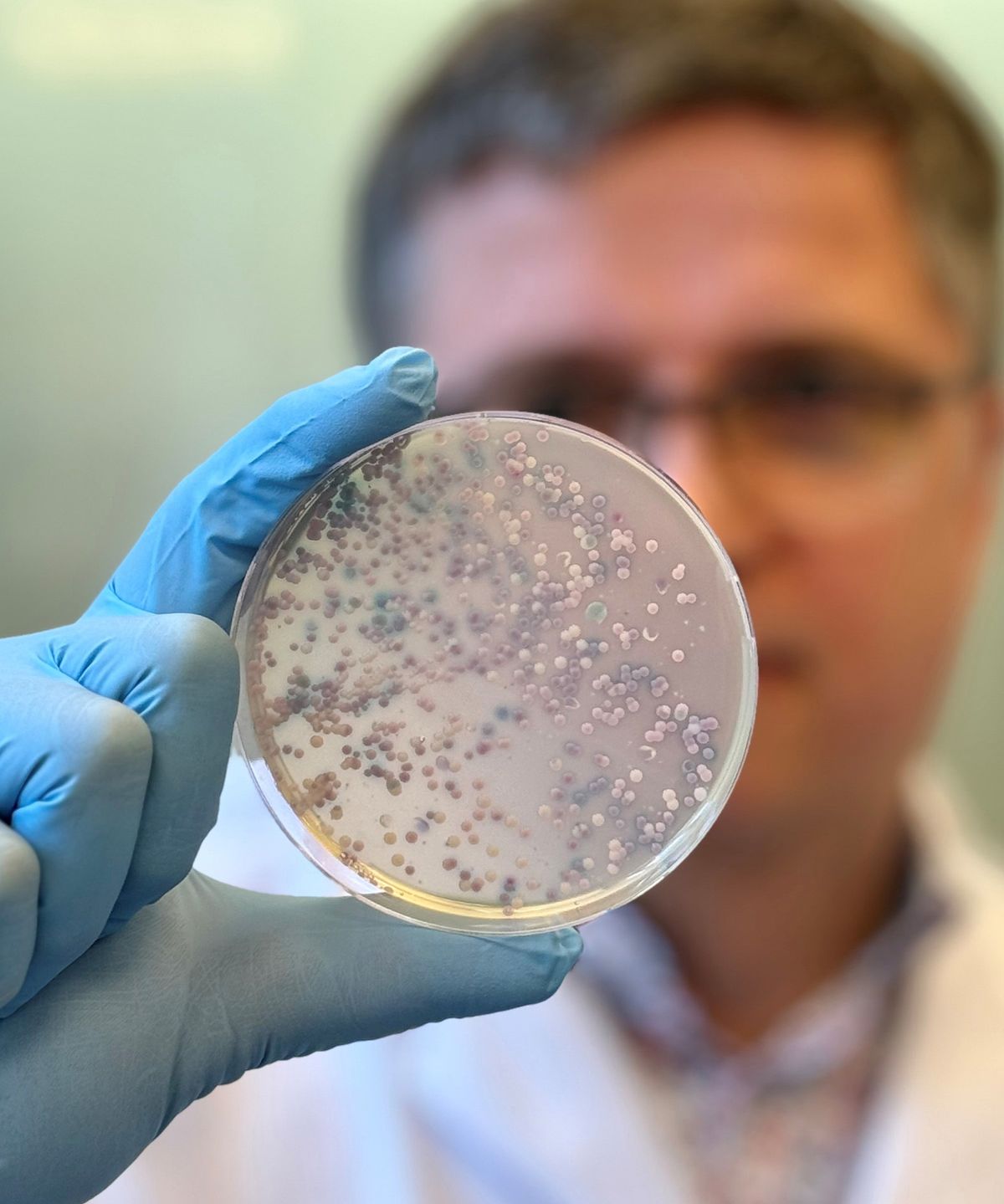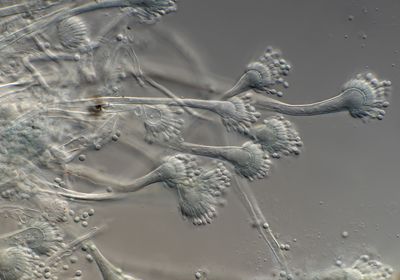The Silent Pandemic of Antifungal Resistance
As the world grapples with antimicrobial-resistant bacteria, another insidious threat looms large: drug-resistant fungi.

Drug resistance in fungi like Candida auris and Aspergillus fumigatus leads to difficult-to-treat infections, earning them the distinction of ‘critical’ on the World Health Organization’s Fungal Priority Pathogen List.1 Drug-resistant bacteria often receive the largest share of research funding and attention, but experts warn of the growing threat of antifungal resistance. Ferry Hagen, a medical mycologist at the Westerdijk Fungal Biodiversity Institute, discussed the challenge in achieving recognition of the issue and developing therapeutics and diagnostic tools.
Why do you refer to antifungal resistance as “the silent pandemic”?
While antibacterial resistance is widely acknowledged, antifungal resistance has not received the same attention.2 One reason is because fungal drug resistance spreads much slower than antibacterial resistance. For example, 20 years ago, antifungal-resistant A. fumigatus strains were rare, but now 15 percent of isolates in the Netherlands are resistant to one of the three classes of antifungals. Other species even exhibit resistance to two classes.
What makes developing novel antifungals difficult?
Finding antifungal compounds that target fungi without harming patients is challenging due to the similarity between fungal and human cells. Additionally, developing new antifungals takes 10 to 15 years, but by then, many fungal strains have already developed resistance due to exposure to agricultural antimicrobials that target similar molecules.3
Why are you interested in fungal genome sequencing?
Currently, medically-relevant fungal datasets are incomplete, largely because they were collected using the same genetic locus, but in some groups different loci can better identify fungal species. Additionally, the field lacks fungal diagnostic tools, limiting decision-making in the clinic and epidemiological studies. Increasing the coverage of fungal genome sequencing data could improve fungal detection and identification and lend insight into the genes orchestrating antifungal resistance.
This interview has been edited for length and clarity.
- WHO. Geneva: World Health Organization; 2022.
- van Rhijn N, et al. Lancet. 2024;404(10457):1017-1018.
- van Rhijn N, et al. Nat Microbiol. 2024;9(1):29-34.


